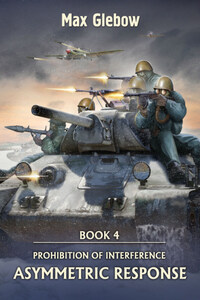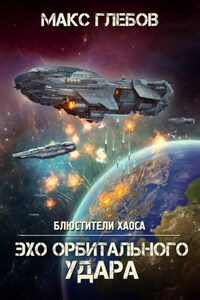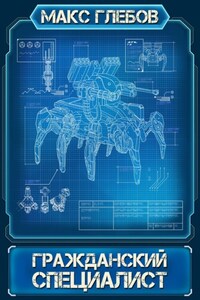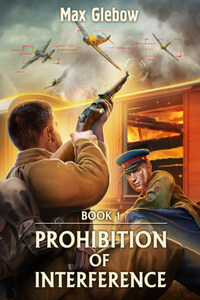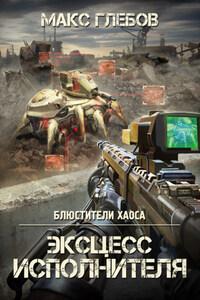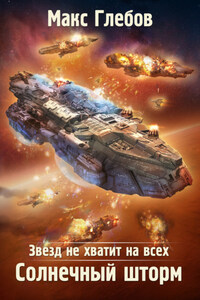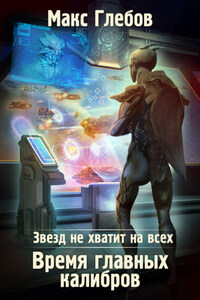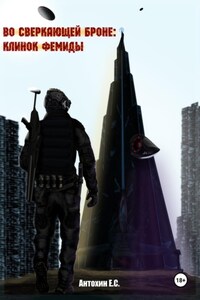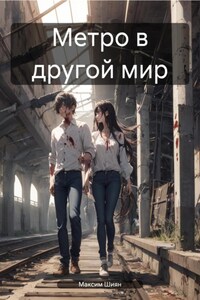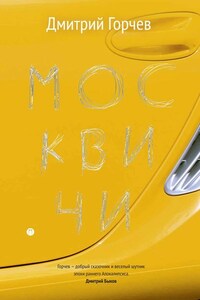Marshal Shaposhnikov listened to me without interrupting me, and spent almost a minute pondering what he had heard. I waited patiently, understanding how difficult it was for the Chief of General Staff to believe the information he received from me.
“We are not ready for such a war,” the Marshal finally answered. “Your assumption sounds logical, but it needs to be verified by reconnaissance. Such decisions are not made only on the basis of a hypothesis.”
“If the Germans use chemical weapons suddenly, it will demoralize our troops, and the probability of the enemy's unblocking of the Moscow Pocket would increase dramatically. I think this is what the German General Staff's whole plan is based on. Comrade Marshal, we have two or three weeks at most. Then it will be too late. After all, we have scouts, we have partisans. We need to give them a specific task. Such extensive preparations for a chemical attack cannot be completely concealed. Sooner or later my words will be confirmed by facts, but it may be too late.”
“Are you suggesting that we start preparing to use our chemical weapons? Bringing mustard gas and phosgene shells to the front-line depots? Suppliers are struggling to supply the troops with regular ammunition and food in a timely manner, and you want to clog our communications with supplies that may not be needed at all.”
“I am not suggesting that, Comrade Marshal. I consider chemical weapons a barbaric means of warfare, especially when used against civilians. I know that it was used quite extensively in World War I, and in the Civil War, but this practice only strengthens my opinion that sane people would never use it. Therefore, I believe that our chemical troops should focus on protecting the army from chemical weapons, and not on retaliating using such weapons.”
“I don't understand,” Shaposhnikov looked at me with a mixture of surprise and mistrust on his face. “Are you suggesting, Comrade Nagulin, that we tolerate chemical strikes from the enemy and do not respond?”
“We will answer,” I grinned slightly, “and we will respond in such a way as to discourage Hitler forever from further use of poisonous substances. But who says our answer has to be chemical?”
“Explain your point, Lieutenant Colonel.”
“Chemical weapons are highly weather dependent. Their effectiveness hinges on wind direction, air temperature and humidity, and other weather factors such as rain or snow. In addition, a well-trained soldier is able to protect himself from the effects of a chemical munition, and even civilians will suffer fewer casualties from this weapon than from conventional bombs if proper measures are taken. The Germans know this and are probably preparing carefully now, hoping that when the H-hour comes, they will be in a better position compared to our soldiers and commanders. It makes no sense to respond to them with chemical weapons – conventional munitions would work better against the Germans. Besides, we have something to "please" the enemy even without the poisonous substances.”
“Is there something I don't know about the contents of our arsenals?” Shaposhnikov arched his eyebrow slightly.
“This weapon is still in the experimental stage, Comrade Marshal, but it has such high combat potential, that it makes sense to concentrate on bringing it to production as soon as possible. I'm talking about fuel air explosives and thermite mixtures.”
“I'm aware of the thermite mixtures,” the Marshal nodded. “They are used in incendiary bombs and shells. These are highly specialized munitions that have never before been used outside the limited range of applications for which they were created. But this is really the first time I've heard of a fuel-air explosion.”
“I came across information about this research in the process of building a grenade launcher and a warhead for a cruise missile. I had to study a large body of specialized literature on explosives. Our industry, unfortunately, is unable to produce hexogen in sufficient quantities, and I was looking for options to replace it.”
“Were you able to find it?”
“To some extent. After six months of war, we had a severe shortage of explosives and gunpowder. The seizure of a number of plants by the enemy and the evacuation of industry only exacerbated this situation. We encircled Army Group Center, but used up almost all the accumulated stocks of shells and bombs. Now that the Germans recover a little, regroup, and attempt to unblock their troops, it's not quite clear to me what we're going to fight back with. That is why I immediately rejected the idea of loading the existing facilities with new developments – they can't cope as it is.”
“That makes sense,” Shaposhnikov nodded.
“As it turned out, some of the traditional explosives can be replaced by mixtures previously not used in shells and bombs. I think you are well aware that in coal mines and flour mills there are sometimes violent explosions with loss of life and considerable destruction. Such explosion is the rapid combustion of fine particles suspended in the air within an enclosed location. Flour and coal, of course, are far from the best choices for combat use. There are much more effective components. For example, ethylene oxide. This substance is already produced by our chemical industry, albeit not in very large quantities, but if necessary, its output can be increased. I will not bore you with the details, but I am ready to propose a design of ammunition based on this principle. In developing it, I paid special attention to manufacturability. Its design turned out to be relatively uncomplicated and is unlikely to cause difficulties when mastered in industry.”
